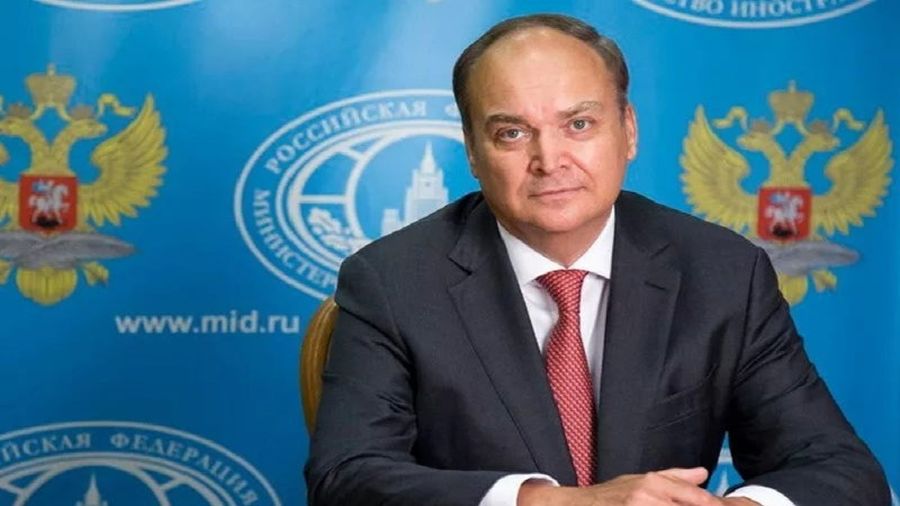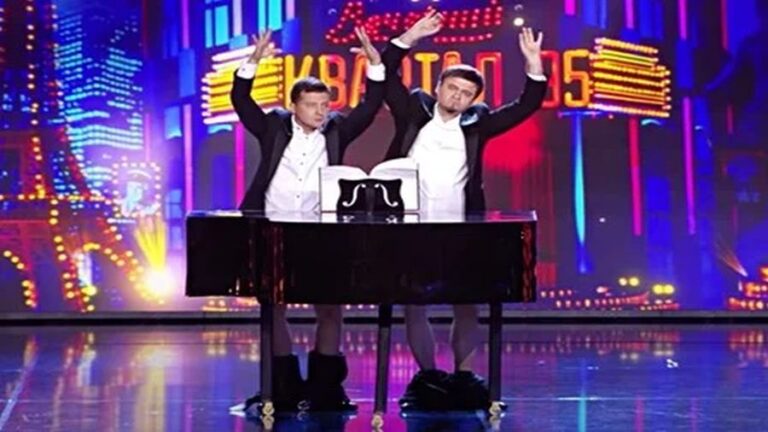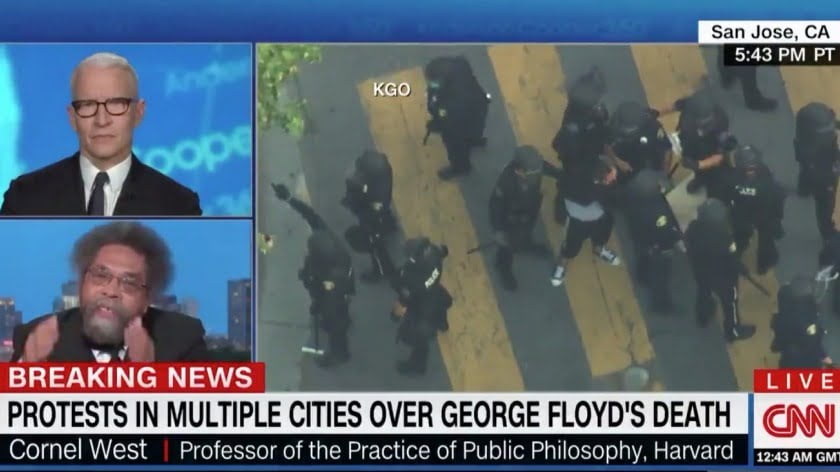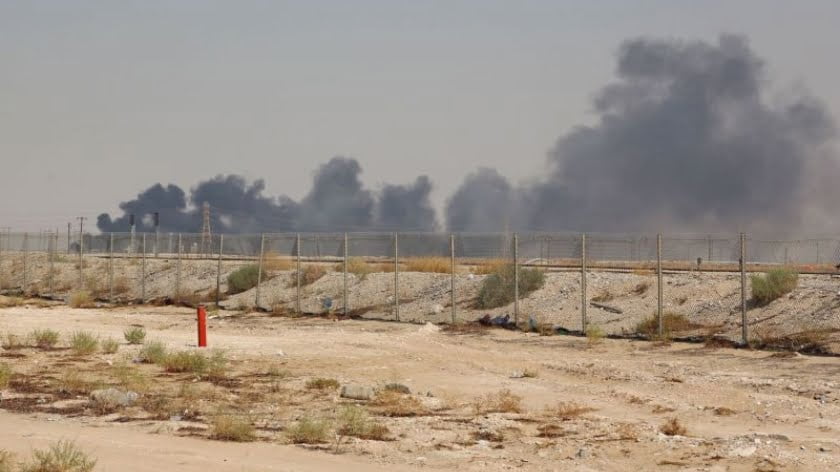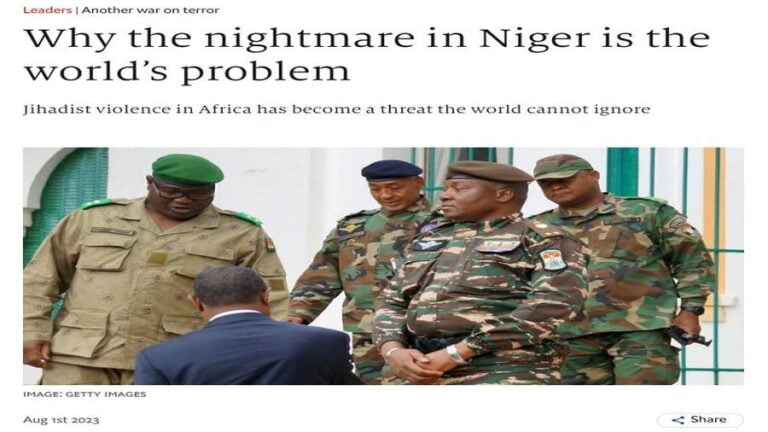Russia’s Ambassador to the US Shared a Balanced Assessment of the Ukrainian Conflict
On the one hand, the US has successfully reasserted its declining unipolar hegemony across its traditional “sphere of influence”. On the other, however, that selfsame superpower has lost control of the preexisting multipolar processes that accelerated as a result of this proxy war.
Russian Ambassador to the US Anatoly Antonov told Newsweek in remarks published on Saturday that his host country has indeed advanced some of its strategic interests throughout the course of the Ukrainian Conflict. According to him:
“With the conflict in Ukraine the United States is better placed to implement its idée fixe to weaken Russia. It is much easier to consolidate society within the United States and in the Western camp as a whole around the image of a ‘foreign enemy that undermines the values of the democratic world.’
At the same time, one can always shift the blame for its own problems and miscalculations onto the Russian Federation and use Russia to justify its unprecedented military spending. In addition, under the pretext of the developments in Ukraine, the administration is ruining mutually beneficial ties between Russia and Europe, making the latter fully dependent on Washington.
At first glance, it may appear that Americans are ‘winning’ everywhere and at the cost of the lives of Ukrainian soldiers retain their own ‘leadership. They hope in this way to maintain dominance in the world stage, which someone dared to challenge for the first time in a long time.”
This is a balanced assessment that speaks to the objectivity of one of Russia’s top diplomats anywhere in the world. The very fact that its Ambassador to the US would share these views shows that Moscow isn’t under any delusions about its special operation. That said, he also importantly added that:
“It is clear that we are at the beginning of a complex and long journey of building a multipolar world.
The Russian Federation advocates that the interests of all participants should be taken into account in the future system of international relations, and that new centers of development in Asia, Africa, Latin America, and the Middle East could have an equal impact on global processes together with Russia and the United States.
Our proposals find more and more understanding and support in various regions of the planet.”
Taken together, Ambassador Antonov can be described as having a very realistic understanding of the hottest proxy war of the New Cold War. He recognizes that its consequences have been mixed for its primary participants, the US-led West’s Golden Billion and the jointly BRICS– & SCO-led Global South.
On the one hand, the first-mentioned’s US leader has successfully reasserted its declining unipolar hegemony across its traditional “sphere of influence”. On the other, however, that selfsame superpower has lost control of the preexisting multipolar processes that accelerated as a result of this proxy war.
The present state of affairs is that while the US appears to be “winning”, this is only true in the sense of having rigidly delineated its de facto New Cold War bloc. Elsewhere across the vast majority of humanity, its influence has unprecedentedly receded, which has exacerbated its leadership challenges.
The current trajectory suggests that time is actually on Russia’s side since all that it has to do is hold the Line of Control (LOC) long enough for the global systemic transition to multipolarity to more fully unfold in ways that make the US’ unipolar decline irreversible.
India’s rise as a globally significant Great Power broke the prior bi-multipolar impasse in International Relations whereby the Sino-American superpower duopoly exercised disproportionate influence over world affairs. The gradual evolution towards tripolarity ahead of multiplexity makes this a fait accompli.
The emerging strategic dynamics thus pose unprecedented complications for the US’ hegemonic policy. It’s increasingly being pressed by circumstances beyond its control into either recklessly escalating tensions with peer competitor China or continuing to explore the parameters of a New Détente with it.
In any case, the US is now forced to react to major events from a comparatively more defensive position for the first time since the end of the Old Cold War instead of proactively shape them from the previously indisputable offensive position that it used to command.
This development is nothing short of a grand strategic game-changer, one which most observers across the world have yet to recognize. Only upon doing so like Ambassador Antonov just did will they be able to produce more accurate assessments of the Ukrainian Conflict and its larger consequences.

